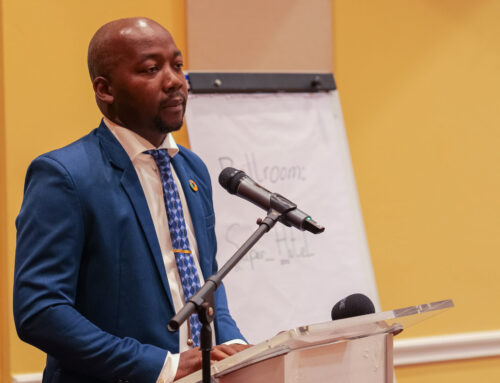Incident of May 2, 2023 in the district of Para
Global standards like the EITI endorse the principle that the means of minerals production should be consistent with the ends to which minerals are used to benefit people and the planet. The EITI has set the global standard for resource governance for 20 years, bringing together governments, industry and civil society to promote greater transparency, accountability and public participation in the mining, oil and gas sectors. The Extractive Industries Transparency Initiative in Suriname strives to publish accurate information on key aspects of Suriname’s natural resource management, including how licenses are allocated.
In the morning of May 2, 2023, we have received reports and images from Indigenous villages in the district of Para related to a suspected protest action in which destruction of property took place, persons were injured and at least 2 lives were lost. The suspected reason is the issuing of licenses for gold mining and timber extraction within the traditional territories of Indigenous communities without the knowledge of the local residents, including in Para, which has been a critical issue for some time now. The fight for recognition of the land rights of the original inhabitants of Suriname has been going on for decades. Even judgments of the Inter-American Court of Human Rights have not been enforced since 2005, while their social, economic and environmental communities continue to pay the price. Ultimately, this was a strong contributor to the abovementioned violent outburst.
While violence and destruction are absolutely not acceptable, we see this outburst as a clear signal that the status quo for Indigenous peoples in Suriname has reached its limits where it is evident that ‘dialogue’ is no longer enough for recognition and protection of their basic collective human rights. This issue has been discussed many times with successive governments, including the current one. It is therefore not inconceivable that the lack of actions by government, including legal changes, and the lack of recognition of the seriousness of situations, have fueled such activists.
EITI Suriname would like to point out that Suriname has also accepted the United Nations Declaration on the Rights of Indigenous Peoples (UNDRIP) including the requirement to consult and cooperate in good faith with the Indigenous peoples through their representative institutions in order to obtain their free, prior and informed consent (FPIC) before adopting and implementing legislative or administrative measures that may affect them. We also urge the government to comply with the commitments made in connection with the judgments of the Inter-American Court of Human Rights. Furthermore, we ask the communities to remain calm and work with the responsible authorities to ensure that there will be a sustainable solution in this matter.
On behalf of the EITI Multistakeholder Group




